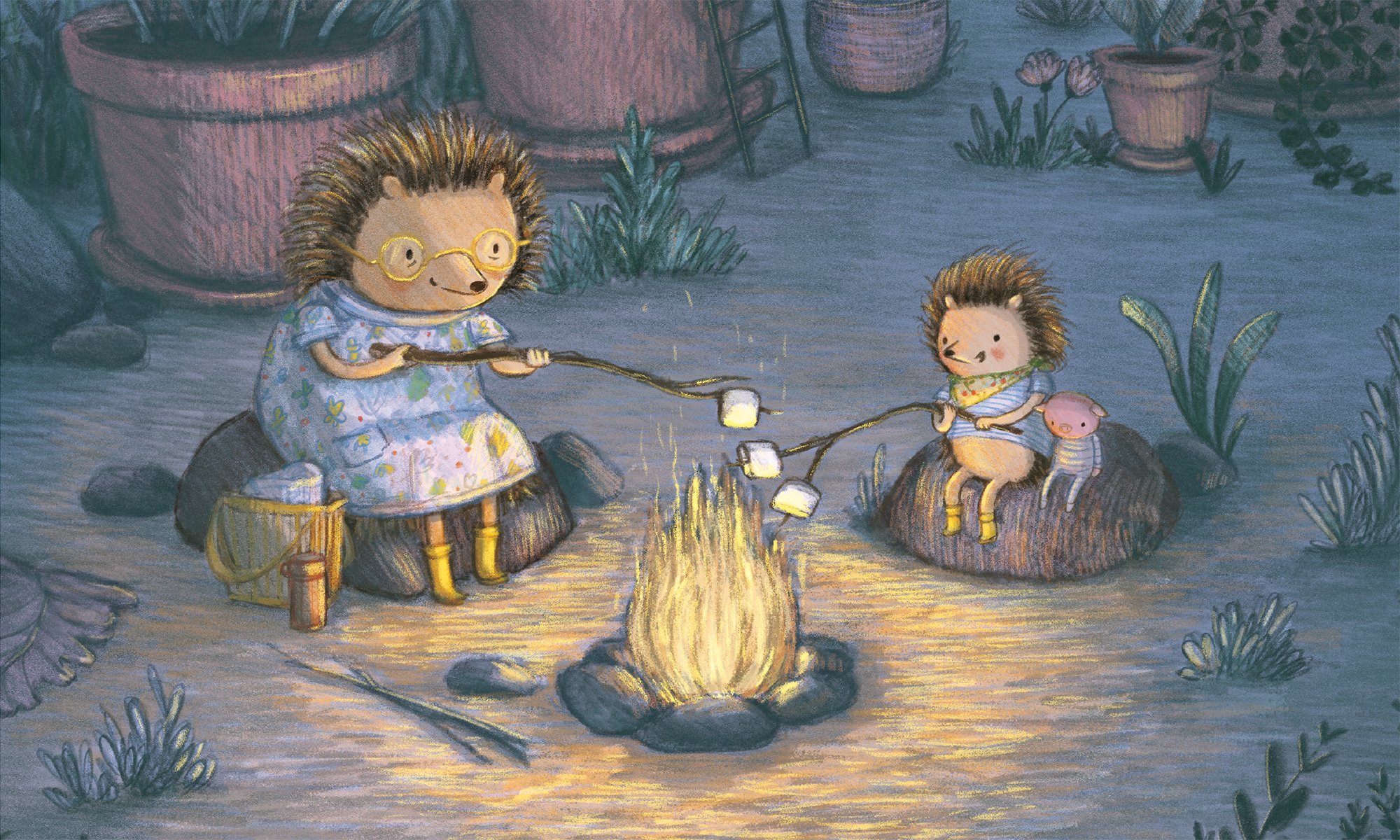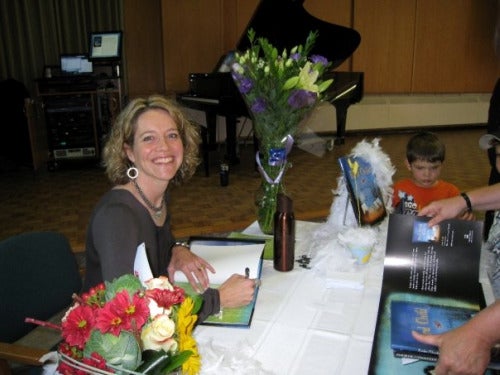Please welcome today’s guest blogger, Bird Child author, Nan Forler! As a mother and teacher, she encourages her students and her own children to speak out against injustice, both in the schoolyard and in the global community.
Nan Forler: November 15th – 19th has been designated as Bullying Awareness Week, in Canada and other countries around the world. In the next week, I will visit many schools to spread the message of Bird Child, the message of standing up for a friend in the schoolyard, of speaking out against injustice.
Since the release of Bird Child, I have become aware of more and more issues related to bullying. Parents and children tell me their stories; friends send me links; school boards plan huge initiatives to combat bullying.
Bullying has always been with us. We used to think it was a rite of passage – just a part of growing up. As our society evolves, we are seeing bullying for what it is: socially deviant behaviour that can have devastating effects on the well-being of our children.
So often, we focus on the bully and the victim, or target, in a bullying situation, but we forget the other essential character in the scene: the bystander. As a teacher, I know the power of the bystander on the playground. As most bullying happens in a manner that is hidden from adults, we need to equip our children in how to be effective bystanders, in order to reduce the impact of bullying incidents.
In my school presentations, I talk about the two choices a bystander can make: do nothing or act. I emphasize the point that doing nothing actually gives the bully more power. Every time we stand and watch and do nothing, the bully becomes bigger and more powerful.
So what can we guide our kids to do? Standing up to a bully takes a great deal of courage. Ask your child about the kids who are left out at school, the kids who are alone during recess, who are treated unkindly. Ask about their own feelings when witnessing bullying. Being a bystander can bring on anxiety and fear as well as lowering self-esteem. Your child may feel guilty or ashamed for doing nothing and worried about being the next victim. Open up the discussion and gently guide your child in coming up with a solution. You can even role-play, or give your child a rehearsed response to say to a classmate or friend who bullies, such as “That’s not fair,” or “How would you feel if that was you?” Encourage your child to discuss the situation with the teacher. Help your child generate ways to make the classmate feel included.
Kids who learn to stand up against injustice in the schoolyard are more likely to speak out against injustice in the future, whether it be in the workplace, the community, or the global society. Sometimes it just takes one voice, the voice of a child, to bring hope to many.


One Reply to “Guest Post: Bullying Awareness Week”
Comments are closed.